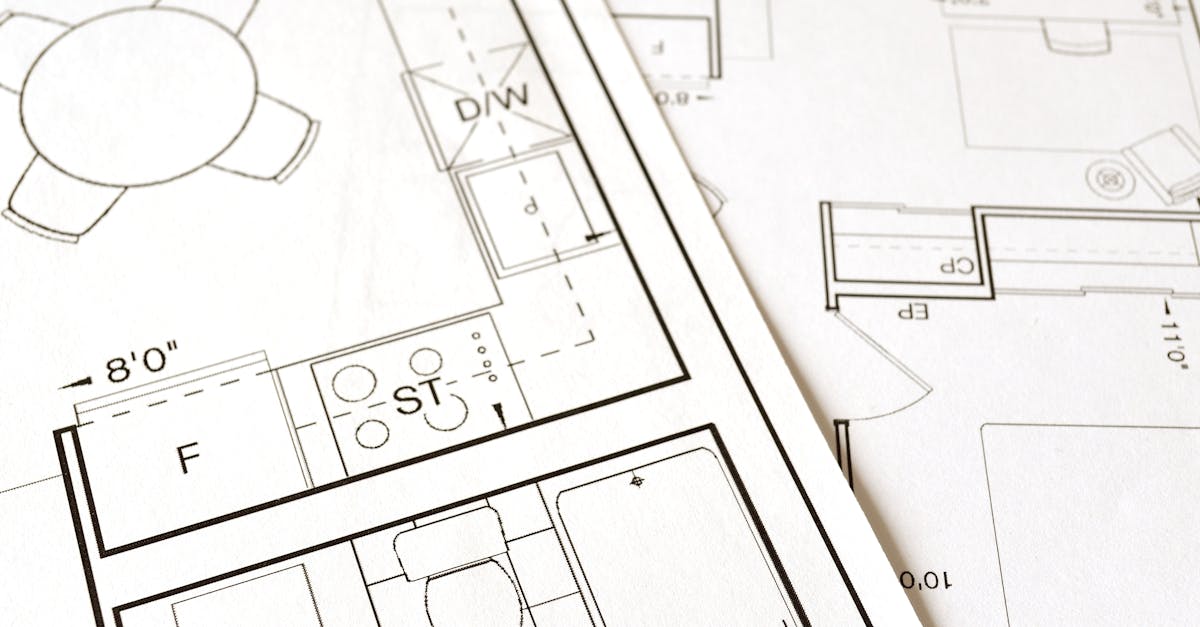
Introduction
Property appraisals play a vital role in determining the value of a real estate property. They offer an unbiased evaluation, helping buyers and sellers make well-informed decisions. However, certain red flags in these reports can signal potential issues, which, if ignored, may lead to financial pitfalls.

Pixabay/Pexels
Unusually Low Appraisal Value
One significant red flag is an appraisal value that seems unusually low compared to other similar properties. This could indicate issues with the property's condition or suggest a miscalculation by the appraiser. It's crucial to verify how the appraisal was conducted and consider seeking a second opinion.
Inconsistent Measurements
Inconsistent or incorrect measurements of property size can lead to inaccurate valuation. Ensure that the dimensions listed in the appraisal match the property's actual size. Discrepancies here might point to clerical errors or an unthorough evaluation.

Pixabay/Pexels
Undisclosed Upgrades
Improvement or upgrades to a property can significantly affect its value, and their omission in an appraisal report is alarming. If costly renovations or enhancements are missing, it may undervalue the property. Always double-check to ensure all modifications are accounted for.

Blue Bird/Pexels
Limited Comparables
Appraisers use comparable properties (comps) to determine value, and limited or poorly selected comps can skew this valuation. If comps chosen are outdated, greatly differ in size, or are from different neighborhoods, it's wise to contest the appraisal and insist on more appropriate comparisons.

Thanh Thiện Tô/Pexels
High Adjustments in Value
Adjustments used to equate the value of the subject property to comparables can raise eyebrows if they are excessively high. Large adjustments may signify inadequate comps or potential bias. Investigate further if you encounter this, ensuring fair price estimation.

Jievani/Pexels
Appraisal Report Errors
Errors in an appraisal report, such as misspellings or incorrect property details, may seem minor but can impact credibility. Such mistakes can hint at a rushed or sloppy appraisal process, questioning the reliability of findings and necessitating a review.

RDNE Stock project/Pexels
Negative Flood or Zoning Inquiries
Reports should include information on zoning regulations and potential flood risks. A lack of disclosure can be detrimental, particularly in areas prone to natural disasters. Make sure appraisals include accurate details of such concerns, ensuring safe and compliant investments.

Pok Rie/Pexels
Pending Legal Issues
The presence of legal disputes or encumbrances like liens that are missing in the appraisal report is alarming. Legal issues can severely impact a property's marketability and future value. Always insist on a thorough investigation and disclose any such matters transparently.
Conclusion
Recognizing red flags in property appraisals is essential to preventing unwanted surprises. Look out for unusually low values, inconsistent facts, or limited comps as warning signs. By understanding these indicators, buyers can ensure they make informed and confident investment decisions.